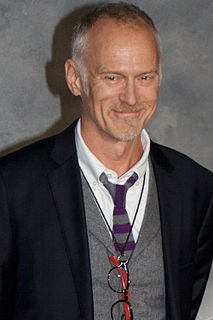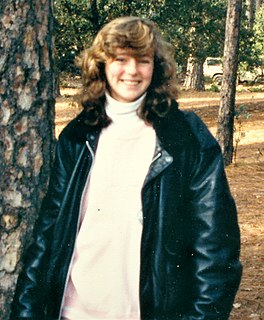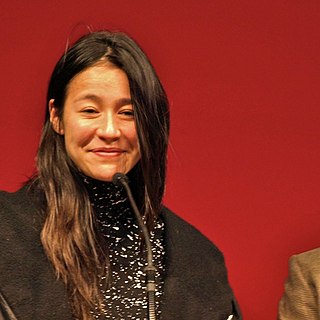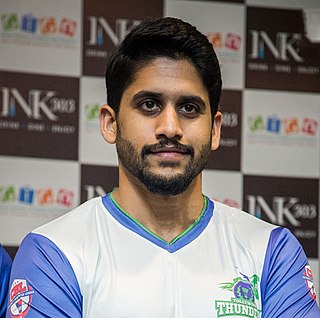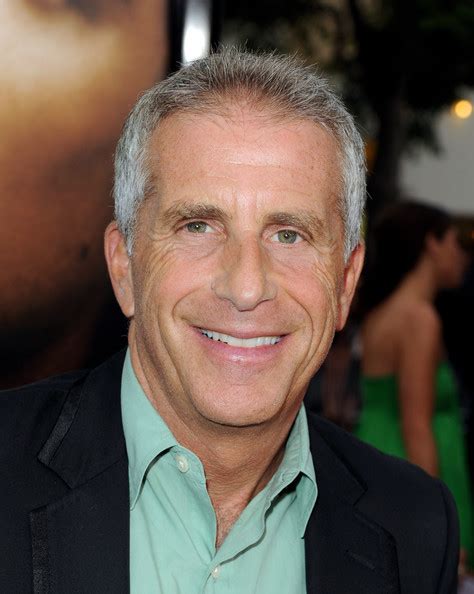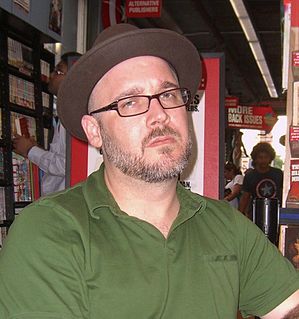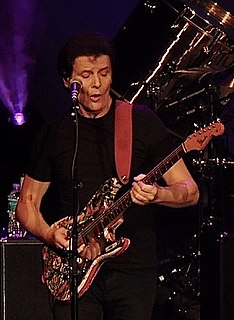A Quote by Alan Taylor
I come out of TV, where you never reshoot, because you don't have time. If you do reshoot, it's because someone really screwed up.
Related Quotes
'Paranormal Activity' had fifty versions because it was $250 to reshoot. We'd screen it, see one thing wrong, shoot for an hour, fix it, and then screen it again. You don't have to be disciplined about it. On a regular movie, you have to screen it and think of every problem, reshoot for three days and solve every problem, and then you're done.
Soaps have a schedule where you have to be done in 15 minutes. With an hour show, there's no way to get off schedule. On a movie, it's a lot easier to go back and reshoot scenes. I wasn't used to that at all... taking the time to really make each scene as good as it can be, which you can't do on soaps.
One of the things I love about the theater is that no one can tell you to stop. Once you're onstage, it's three hours, and whether you're completely off or you're just horrendous, you've got to find a way to leave an impression. There's not that terrible thing that you get when you're making a movie, where you get in your car at the end of the day knowing that something you're not proud of was immortalized on film, and you can't fix it because they won't reshoot it.
Films for TV have to be much closer to the book, mainly because the objective with a TV movie that translates literature is to get the audience, after seeing this version, to pick up the book and read it themselves. My attitude is that TV can never really be any form of art, because it serves audience expectations.
I had done a couple TV pilots, and a friend of mine wanted to leave comics and come work in Hollywood, and I said, "Well, you've got to understand that when you sell a TV pilot, imagine if you turned in the best issue of Batman ever, and DC was like, 'Well we love this, but we can't publish it because we have to publish this other thing by this other person." The odds are really long on getting anything made, so if you come from comics and you're still making a living in comics, that really helps because you're not desperate for someone's permission to write for a living.
I'm happy to say that I have not been fired off a film. The score is usually the last thing to be done. So a lot lands on the scores shoulders. A lot of problems that seem to have nothing to do with the music gets blamed on the music , because it's relatively cheap to change, where as a reshoot etc is not. Music is often expected to help or fix bad cuts, bad acting, bad filming, bad timing, you name it.
You know, people come up to me saying, 'Watching you gave me the courage to come out to my parents,' or, 'I watched you and I decided to start doing drag,' or, people will just come up and say, 'It's you.' Like they can't even form sentences because they're crying because they're seeing someone they admired on television.
